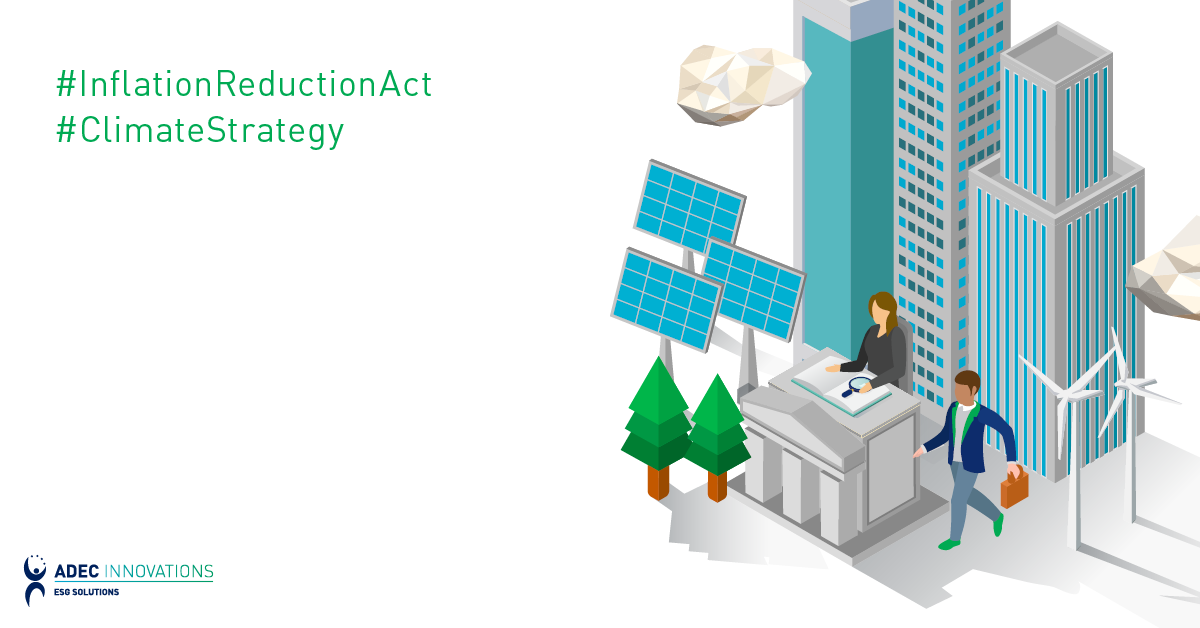Particularly for those living or working in urban areas, rush-hour gridlock is one of the most obvious forms of environmental degradation in our everyday lives. What if more people were able to work from home, and fewer workers were commuting every day as a result? In more ways than one, this type of shift could greatly reduce the overall environmental impact of cities and potentially improve the lives of workers across the globe.
It is often assumed that working from home, away from the rigid structure of the office environment, may make employees less productive. I have been working from home for years now, and I have learned that remote working can in fact make employees happier, help them develop key skills, and allow them to get more work done while also promoting environmental health.
Along with my own experience, I have spoken to numerous people about working from home over the years and done some research into the topic as well. I have found that generally there are consistent conclusions to be drawn, with respect to knowledge workers. Here are my observations on the social and environmental impacts.
1. Working from home builds self-reliance that can be beneficial to the team.
We have all been on teams with someone who does not have the required skills, understanding, or self-discipline for the task at hand. Helping that team member to overcome their lack of knowledge can be time-consuming and emotionally trying for the rest of the team. The distance provided by working from home encourages people to work out their own problems rather than relying on (and distracting) others. In most cases this will strengthen a struggling employee’s technical ability, and thereby strengthen the team. Where it does not, it still makes it easier to identify people who perhaps need reallocating to a task that they could more usefully contribute to.
2. Working from home reduces greenhouse gas emissions.
According to the EPA, about 28.5% of greenhouse gas (GHG) emissions come from transportation—that includes air travel and shipping, but it also includes the fossil fuels burned for the average person’s daily commute. In fact, the largest sources of GHG emissions from transport are a result of passenger cars and light-duty trucks like pickups. Allowing remote work can therefore potentially lead to massive fuel savings and greatly reduce the carbon footprint of your organization.
3. Working at home reduces traffic congestion.
Imagine if just 10% of office workers took up remote working and did not have to commute each day. Even that small a proportion would lead to a vast reduction in the number of cars on the road every day, helping to prevent gridlock traffic. Because traffic jams and low speeds contribute to pollution in cities and greatly reduce air quality, the fewer people on the roads to add to congestion, the better. Every single remote worker contributes towards these environmental benefits in a small way.
4. Some social interaction is lost.
Humans are social creatures. Work provides a certain amount of the social interaction we all need. There is no question that everyone misses this when working from home, to a greater or lesser degree. That is a real downside that every prospective remote worker must seriously consider. It can take a bit of soul-searching to figure out if that is the kind of life you can be comfortable living.
Working from home is not for everyone or every job. It is usually clear within a month or two whether working from home will work for you and your organization. There are people who are too easily distracted to be effective from home. There are also people for whom the lack of direct human interaction is too great an obstacle. Nonetheless, there are very real environmental and social benefits to giving employees the option to choose to work from home, if it works for them. To me, the above observations suggest that a balance of office and remote work may be the best solution for workers, companies and the environment.
The views and opinions expressed in this article are solely those of the original author. These views and opinions do not necessarily represent those of ADEC Innovations, and/or any/all contributors to this site.
ADEC Innovations is a leading provider of ESG solutions, with expertise in delivering fully-integrated consulting, software and data management services. To stay current on global sustainability issues, subscribe to our monthly newsletter, GreenWatch.




